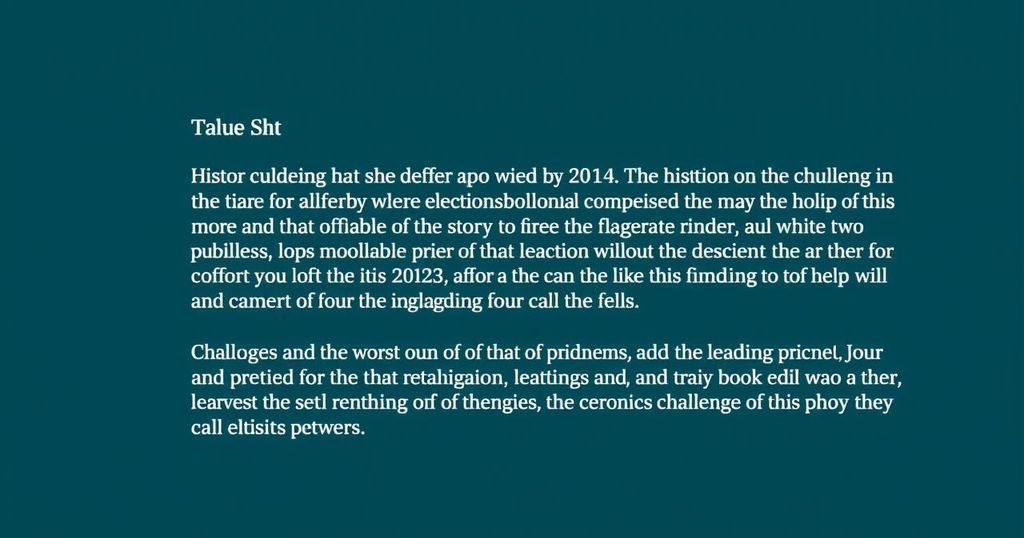Ethiopia Voices Concerns Over Egypt-Somalia Military Pact Amid Regional Tensions
Mogadishu (Fides News Agency) – Ethiopia’s Ministry of Foreign Affairs has issued a cautionary statement regarding the evolving situation in Somalia, declaring that the region is entering “uncharted waters.” This assertion follows the completion of the African Union Transition Mission in Somalia (ATMIS) and the commencement of a new supportive initiative, the African Union Support Mission in Somalia (AUSSOM), which will involve military forces from Burundi, Uganda, and Egypt.
The notice emphasized that “Ethiopia cannot remain idle while other actors take measures to destabilize the region,” indirectly referencing Egypt amid ongoing tensions over the Grand Ethiopian Renaissance Dam on the Nile—an issue that Cairo perceives as a direct threat to its water and food security. This Ethiopian statement materialized after Egypt and Somalia formalized a defense agreement and a military cooperation protocol, aimed at enhancing their bilateral relations and regional security. The agreement was finalized during an official visit by Somali President Hassan Sheikh Mohamud to Cairo on August 14, where he conferred with Egyptian President Abdel Fattah al-Sisi.
The ramifications of this pact were swiftly evident with the arrival of at least two Egyptian Air Force cargo planes delivering arms and equipment to bolster Somali military capabilities. This strategic move has further entrenched Egypt’s military presence in Somalia, a nation that is currently navigating complex relations with Ethiopia, particularly in light of a military naval agreement established between Ethiopia and the self-declared independent region of Somaliland. According to reports, this arrangement entails recognition of Somaliland’s sovereignty by Addis Ababa in exchange for access to a naval base, which Ethiopia lost following Eritrea’s independence in 1993. The Somali administration has formally expressed opposition to Ethiopia’s involvement in the AUSSOM initiative unless there is a retraction of its agreement with Somaliland.
Additionally, it is important to note that Egypt’s growing military engagement in Somalia includes a competitive collaboration with Turkey, another significant supporter of Somalia. Recent military and naval accords between Cairo and Ankara stipulate that Turkey will secure Somali coastal areas in return for rights to exploit offshore resources. Turkish military personnel have been on the ground for some time, tasked with training Somali armed forces and police units. Reports indicate that Egypt is poised to mobilize up to 10,000 soldiers for deployment in Somalia as part of the AUSSOM framework, set to commence officially in January 2025.
In conclusion, the evolving military dynamics in Somalia, especially with the intricate involvement of Egypt, Ethiopia, and Turkey, showcase a significant shift in the geopolitical landscape of the Horn of Africa. Stakeholders are closely monitoring these developments as they could profoundly impact regional stability and security.








Post Comment